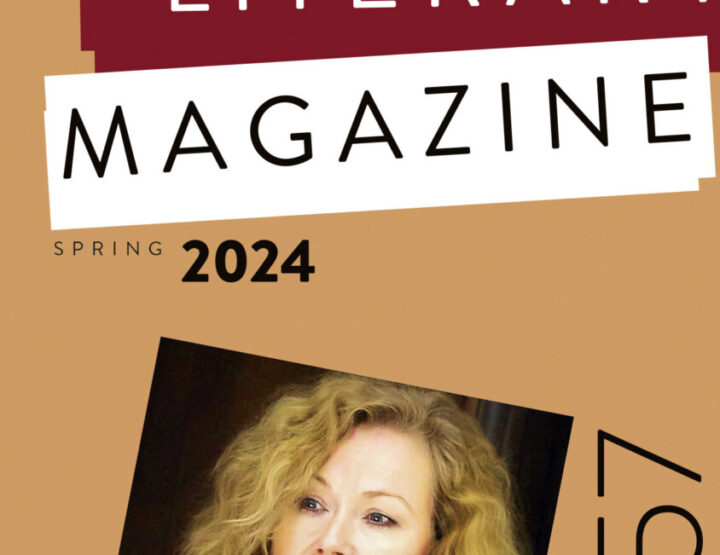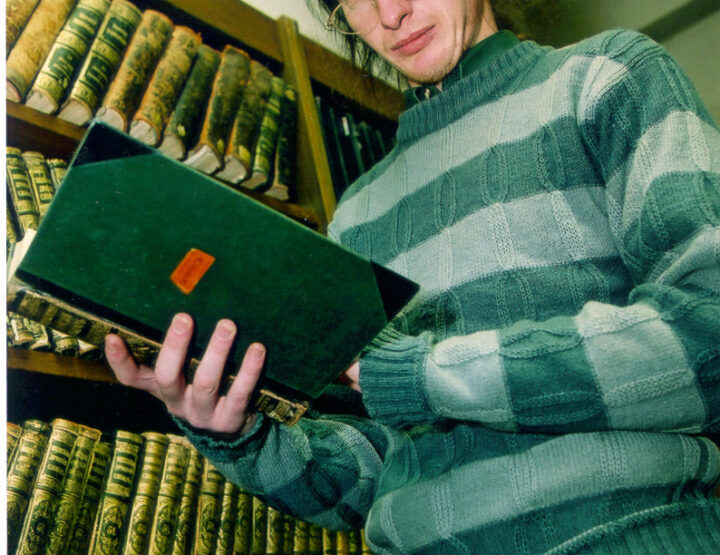The 2004 Cultural Award of the Republic of Estonia for Outstanding Lifetime Achievement was given to the poet Debora Vaarandi.
The Estonian Cultural Endowment’s major annual award went to Krista Aru for her successful work in developing Estonian culture, heading the Estonian Literary Museum and turning it into an academic place of excellence.
Among the most prestigious annual literary awards are the genre awards given by the Literature Foundation of the Estonian Cultural Endowment. In 2004 these were:
Prose award went to Rein Raud essay novel Hector ja Bernard (Hector and Bernard). Rein Raud is a writer and an academic, an erudite whose novel synthesises both Platonic dialogues and a sensitive and serious love story.
One of the most remarkable poets of the younger generation, fs (civil name Indrek Mesikepp), received the poetry award for his collection 2004.
The best essays were written by Toomas Haug for his collection Troojamäe tõotus (Oath of Troojamäe) presenting essays related to literary history.
The drama award went to Mart Kivastik for his play Külmetava kunstniku portree (Portrait of the Freezing Artist).
Jaan Rannap was declared the best children’s author for his Nelja nimega koer (Dog with Four Names).
The award from translating from a foreign language into Estonian was given to Harald Rajamets for the anthology of poetry Pegasos ja peegel (Pegasus and Mirror).
Antoine Chalvin was awarded for his translation from Estonian into French of the Estonian national epic ‘Kalevipoeg’.
The jury also gave an award outside the genre specification, and this went to Ilmar Talve for his monograph Eesti kultuurilugu (History of Estonian Culture).
Lauri Sommer received the article award for his research Uku Masingu käsikirja “Saadik Magellani pilvest” vaimne, ajalis-ruumiline ja elulooline taust (The spiritual, temporal-spatial and biographical background of Uku Masing’s manuscript “Messenger from the Magellanic clouds”) (published in Looming 2004, no 4–6).
The award of literature in Russian was given to Boris Tuch for his book Gorjatsaja dessjatka estonskih pisatelei.
The 2003 debut award or the Betti Alver award went to Lauri Pilter for his novel in short stories, Lohejas pilv (A Dragonish Cloud).
The Tuglas short story awards were awarded to Madis Kõiv for his story Nuuma Alija (magazine Looming no 12 2004) and Tarmo Teder for his Viimase idealisti pildid (Pictures of the Last Idealist, Looming no 6 2004).
The winner of the novel competition of 2004 was Sass Henno with his Mina olin siin (I Was Here); second award went to Olavi Ruitlane for his Kaval-Peeter ja Vene-Ants (Smart Peter and Russian Devil) and the third to Meelis Friedenthal for his Kuldne aeg (Golden Time). The winning novel tackles life at present, being simultaneously horrible and beautiful, tender and coarse, and also very exciting. The novel by Ruitlane talks about life in the Soviet army and is full of black humour and rough jokes. Friedenthal preferred science fiction.
The Eduard Vilde literary award of the Vinni parish went to Viiu Härm for her Õhuaken (Ventilation Window).
Karl Eduard Sööt’s children’s poetry award went to Hando Runnel for Suureks saamine (Growing Up).
The literary award established by the cultural weekly Sirp and the Estonian Railways was given to Triin Soomets for her poetry collection Toormaterjal (Raw Material) and Ervin Õunapuu for his collection of short stories Eesti gootika II (Estonian Gothic II).




